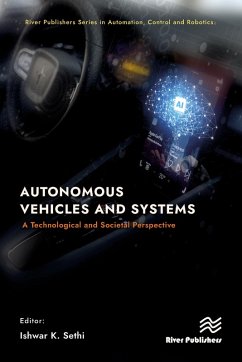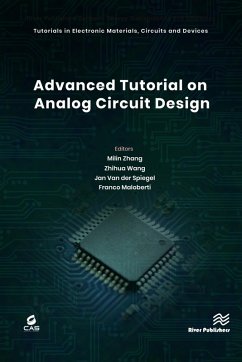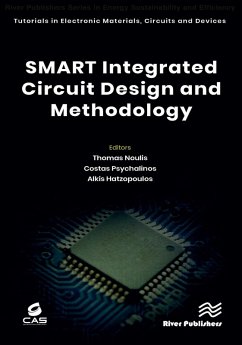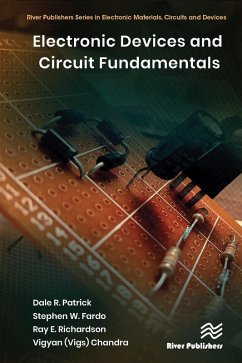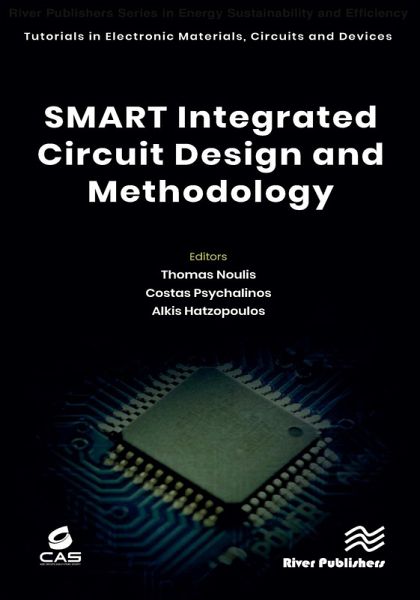
SMART Integrated Circuit Design and Methodology (eBook, ePUB)
Versandkostenfrei!
Sofort per Download lieferbar
95,95 €
inkl. MwSt.
Weitere Ausgaben:

PAYBACK Punkte
48 °P sammeln!
This book describes advanced flows and methodologies for the design and implementation of system-on-chip (SoC). It is written by a mixture of industrial experts and key academic professors and researchers. The intended audience is not only students but also engineers with system-on-chip and semiconductor background currently working in the semiconductor industry.Integrated Circuits are available in every electronic product, especially in emerging market segments such as 5G mobile communications, autonomous driving, fully electrified vehicles, and artificial intelligence. These product types re...
This book describes advanced flows and methodologies for the design and implementation of system-on-chip (SoC). It is written by a mixture of industrial experts and key academic professors and researchers. The intended audience is not only students but also engineers with system-on-chip and semiconductor background currently working in the semiconductor industry.
Integrated Circuits are available in every electronic product, especially in emerging market segments such as 5G mobile communications, autonomous driving, fully electrified vehicles, and artificial intelligence. These product types require real-time processing at billions of operations per second. The development design cycle time is driving costs and time to market more than ever before. The traditional design methodologies have reached their limits and innovative solutions are essential to serve the emerging SoC design challenges. In the framework of the Circuit and System Society (CASS) Outreach Initiative 2022 call, the SMART Integrated Circuits design methodology - named SMARTIC - Seasonal School was performed in November 2022, in Thessaloniki (Greece).
Features
Integrated Circuits are available in every electronic product, especially in emerging market segments such as 5G mobile communications, autonomous driving, fully electrified vehicles, and artificial intelligence. These product types require real-time processing at billions of operations per second. The development design cycle time is driving costs and time to market more than ever before. The traditional design methodologies have reached their limits and innovative solutions are essential to serve the emerging SoC design challenges. In the framework of the Circuit and System Society (CASS) Outreach Initiative 2022 call, the SMART Integrated Circuits design methodology - named SMARTIC - Seasonal School was performed in November 2022, in Thessaloniki (Greece).
Features
- Core analog circuits of any system of chip, such as high-performance rectifiers and filters, are addressed in detail, together with their respective design methodology.
- New advanced methodologies towards design cycle speed up based on machine learning and artificial intelligence applications.
- Advanced analog design methodology based on gm/Id and lock up tables. A powerful flow for enabling fast time to market analog circuit design focusing on baseband circuits
- More exotic methodologies and applications with focus on digital-based analog processing in nanoscale CMOS ICs and the design and development of depleted monolithic active pixel sensors for high-radiation applications, together with all the respective challenges of this application.
Dieser Download kann aus rechtlichen Gründen nur mit Rechnungsadresse in A, B, BG, CY, CZ, D, DK, EW, E, FIN, F, GR, HR, H, IRL, I, LT, L, LR, M, NL, PL, P, R, S, SLO, SK ausgeliefert werden.





